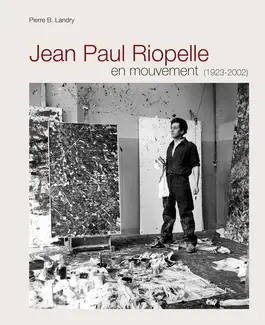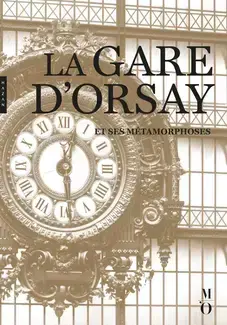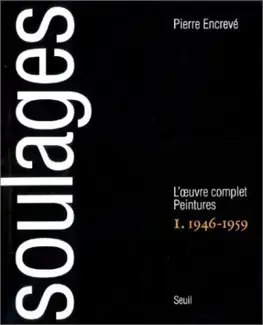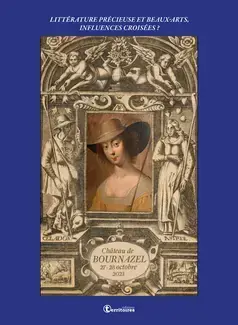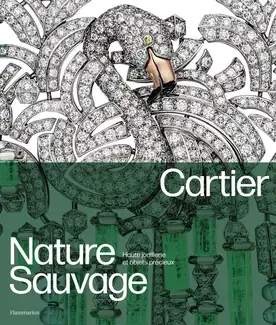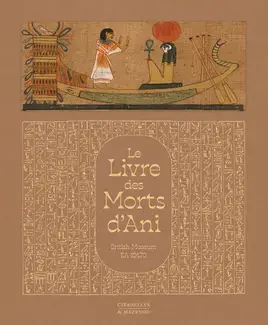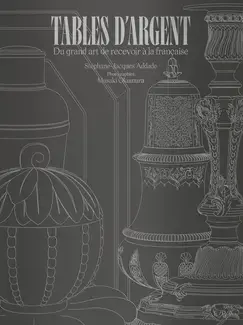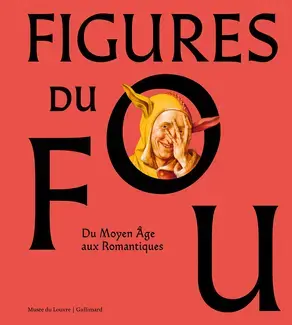 Home
Home
Le Musée, Une Histoire Mondiale Ii : L'ancrage Européen, 1789-1850
Auteur(s) : Krzysztof Pomian
With the French Revolution, access to the masterpieces of art was elevated to the rank of a human right, and the museum, responsible for making this possible, became the attribute of a nation. The revolutionary and imperial Louvre is the prototype.
In Europe, the impact of the Revolution on the creation of museums continued until the middle of the 19th century. The looting carried out by the armies of the Revolution and the Empire for the benefit of France made people aware of the emblematic character of cultural property for the people. Museums helped to legitimise the power of the sovereign by giving it a national character. The Prado, the National Gallery and the British Museum, the bourgeois museums in Frankfurt, Leipzig, as well as the Altes Museum in Berlin, the Glyptothek and the Pinakothek in Munich, the Walhalla near Regensburg are effects of this dynamic, as are the innovations of the museums in Denmark.
The Industrial Revolution opens a new chapter in the history of museums with the Universal Exhibition of 1851 in London and closes this second volume of the history of museums. The book is devoted to a period which, despite its brevity - just sixty years - transformed the museum into a democratic and national institution.



sécurisé

mondiale

& conseils

& collecte en magasin
We also
recommend
Bookshop
New book new
Bookshop
Favorites







